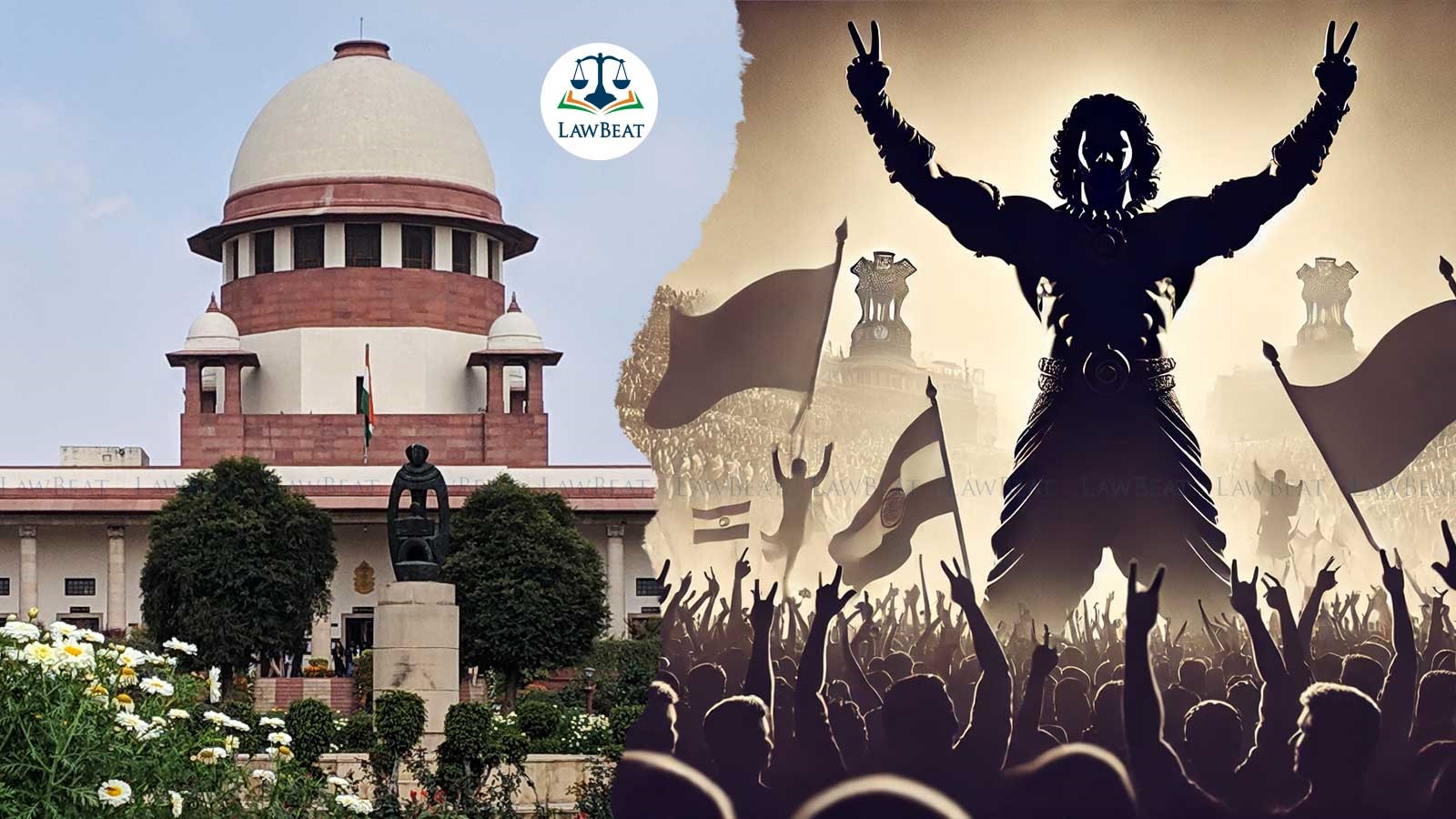Withdrawal by prosecution due to election of accused as MLA not in public interest: Supreme Court

SC found the trial court's approach as causal towards accusations against the then sitting MLA in allowing withdrawal of prosecution
The Supreme Court has said merely because an accused person is elected to the Legislative Assembly, it cannot be a testament to their image among the general public, as it set aside withdrawal of prosecution of an accused made just after he got elected as a ruling party MLA from Uttar Pradesh in 2007 in a 1994 double murder case.
A bench of Justices Vikram Nath and Satish Chandra Sharma also noted the present case highlighted the alarming trend where cases, particularly those involving influential figures, faced significant delays, obstructing the administration of justice.
Dealing with a plea filed by Shailendra Kumar Srivastava, son of one of the deceased, the court found the Allahabad High Court by repeatedly allowing the adjournment requests in 2012 criminal revision petition against the trial court's order has only permitted the accused persons to deploy dilatory tactics to delay their trial and have failed to ensure that the justice system is set in motion and is not halted due to the lamentable specter of political influence.
The court said the present case underscored the urgent need to address systemic flaws and ensure timely resolution of legal disputes.
"The judicial system of our country often finds itself grappling with the pervasive issues of prolonged delay and suspected political influence within the legal proceedings... The undue influence wielded by powerful individuals further exacerbates the situation, raising concerns about fairness and impartiality," the bench said.
The appellant approached the apex court contending the High Court repeatedly adjourned the hearing on criminal revision petitions against the trial court's order of 2012.
His plea contended grave injustice has been caused to the appellant and his family as the trial has been pending for almost three decades on account of the prolonged pendency of the criminal revision petitions for twelve years. The accused persons have been seeking adjournments in the criminal revision petitions as a delay tactic to prolong the trial, thus aggravating the suffering of the deceased’s family and delaying the process of justice, it contended.
His counsel also said the entire trial is held up owing to the pendency of the criminal revision petitions and the Trial Court record being retained by the High Court.
On February 05, 2020, all the criminal revision petitions were finally heard together and judgment was reserved and Trial Court record was summoned. The judgment reserved was never pronounced, and the criminal revision petitions were again listed for hearing before a different bench, and thus the trial remained pending in the meantime, the counsel said.
The Uttar Pradesh counsel admitted the accused persons have been using several dilatory tactics to delay the conclusion of the hearing in the criminal revision petitions. The state also submitted that it does not have any role in the adjournments which were sought by the accused persons and that they could not stop the accused persons from exercising one of their rights to seek parity with accused Chhote Singh, ex MLA.
The counsel for the accused, however, sought to blame the appellant for delay.
After hearing the counsel, the court said, "It is apparent that this case presents concerning circumstances wherein politically influential individuals, accused of a double murder in broad daylight, have evaded trial for almost three decades."
The bench also acknowledged that it is evident from the Trial Court’s order of May 19, 2012 that political power has been leveraged to secure the withdrawal of prosecution of accused Chhote Singh.
While the other nine accused were put to trial and their applications rejected without a reasoned order, this order being challenged by both, accused persons and the victims, has remained pending before the High Court for twelve years, the court noted.
"The resultant stagnation in trial proceedings is deeply troubling. Given the gravity of the situation and the risk of miscarriage of justice, urgent action is warranted," the bench said, while deciding the consider the merits with regard to application under Section 321 of the Criminal Procedure Code, instead of sending it back to the High Court.
The court found the trial court's approach as causal towards accusations against the then sitting Member of Legislative Assembly in allowing withdrawal of his prosecution.
"Matters of a gruesome crime akin to the double murder in the present case do not warrant withdrawal of prosecution merely on the ground of good public image of an accused named in the charge sheet after thorough investigation. Contrary to the Trial Court’s view, such withdrawal cannot be said to be allowed in public interest. This reasoning cannot be accepted especially in cases of involvement of influential people," the bench said.
Since other accused were not before the court, it did not deal with their applications seeking withdrawal of their prosecution.
"However, acknowledging the extensive delay already caused in the case, we are inclined to request the High Court to ensure that justice is not further delayed or compromised- due to political influence or any other extraneous factors," the bench said.
The court asked the High Court to decide pending criminal revision petitions for the withdrawal of prosecution as prayed by the remaining nine accused persons.
"This Court emphasises the paramount importance of ensuring progression of the trial without further delay. The High Court shall retain with it only copies of the Trial Court record for its perusal and consideration in disposing of the criminal revision petitions of the accused persons pending before it, and send back the original record to the Trial Court for expeditious conclusion of the criminal trial which has been pending for almost three decades now," the bench said.
